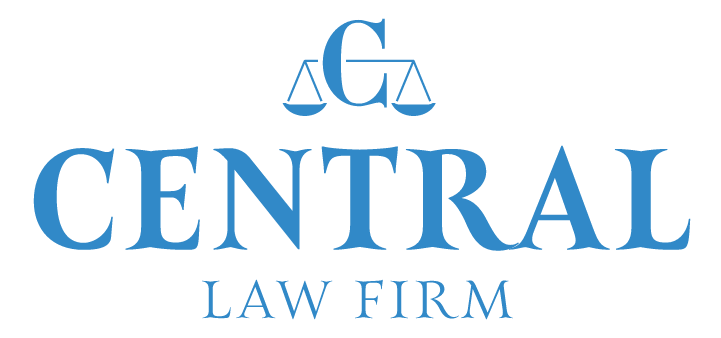The Mankind has forever been of a culture that loves Dogs, who are warmly known as “man’s closest companion.” However, on the contrary, many individuals have been admitted up to the hospitals consistently for dog bite and the fact of the matter is these circumstances do emerge, and thus, attacks. Assuming you or somebody you know has been injured in this sort of assault, you really want to make an action to safeguard your legal rights and options (like scarring remediation, plastic medical procedure, and careful fix of muscle tears, tendons, and ligaments). Doing so won’t just assist you with recuperating from your misfortunes, yet it could likewise keep others from being truly harmed or even killed in near future.
California arranges dogs, cats and, without a doubt, all such animals, as the personal property of the owner. Hence, unlike the law that shields an individual from dog bite, a dog or cat isn’t managed the cost of those equivalent freedoms since a dog or a cat isn’t a person however it is a “property.” While there are regulations that restrict savagery to creatures, those regulations include criminal endorses and are accessible to the State to uphold, not the individual possessing the cats or dogs. A complaint might be made to the suitable Agency and they might take an action, however that results essentially in no recuperation to the owner of the animal. However, particularly talking about dogs, it was over 60 years ago, a California statute reversed the common law rule that a dog owner is not liable for injury caused by his or her dog without notice of the dog’s propensity to cause injury.[1] In 1953 the law was codified into Civil Code section 3342. Subdivision (a) of the present statute sets out the rule of strict liability:
“The owner of any dog is liable for the damages suffered by any person who is bitten by the dog while in a public place or lawfully in a private place, including the property of the owner of the dog, regardless of the former viciousness of the dog or the owner’s knowledge of such viciousness.”
CALIFORNIA’S CONCEPT OF STRICT LIABILITY- IN INJURIES DUE TO DOG BITE
California is known as a “strict liability” state. That implies that an insured person doesn’t have to demonstrate that the dog’s owner acted carelessly to recuperate damages for hurt endured. Generally, assuming an individual possesses the Dog’s and it bites somebody missing a few exceptions that dog will probably be responsible for damages:
- Whether or not the dog had bitten somebody previously;
- Whether or not the owner avoided potential risk to forestall dog bites;
- Whether or not the proprietor had any motivation to accept that the dog could be perilous.
The proprietor of the canine becomes at risk for canine chomp wounds the second the person takes responsibility for canine, with the accompanying exemptions:
- The dog bite victim was intruding at the hour of the assault.
- The dog bite victim incited the dog.
- The individual was harmed by their employer’s dog while at work.
- The victim was playing out a paid help when the person in question was harmed.
As such, different norms and standards may apply to a particular situation, and different exceptions could as well. The defenses of assumption of the risk and contributory negligence may still be asserted and the common law rule still obtains when a dog causes injury by some means other than biting. The statute also recognizes some exceptions to its otherwise absolute rule. The Court in the case of Siemers v. Eisen, has vividly observed that:
“This ordinance was intended to sub serve a good purpose, and doubtless would do so if strictly enforced. The practice of leaving animals … unfastened upon our public streets, and thus placing in jeopardy the lives of men, women, and children, should not be tolerated. It is in fact, condemned by the law, and when damages result therefrom, the owner of such animal should be held to a strict legal accountability.” The Supreme Court also quoted and adopted the view stated in a treatise on negligence: “‘the failure of any person to perform a duty imposed upon him by a statute or other legal authority should always be considered evidence of negligence, or something worse…. [A]nd when no evil intent appears, the omission may properly be regarded as simple negligence.’ “
